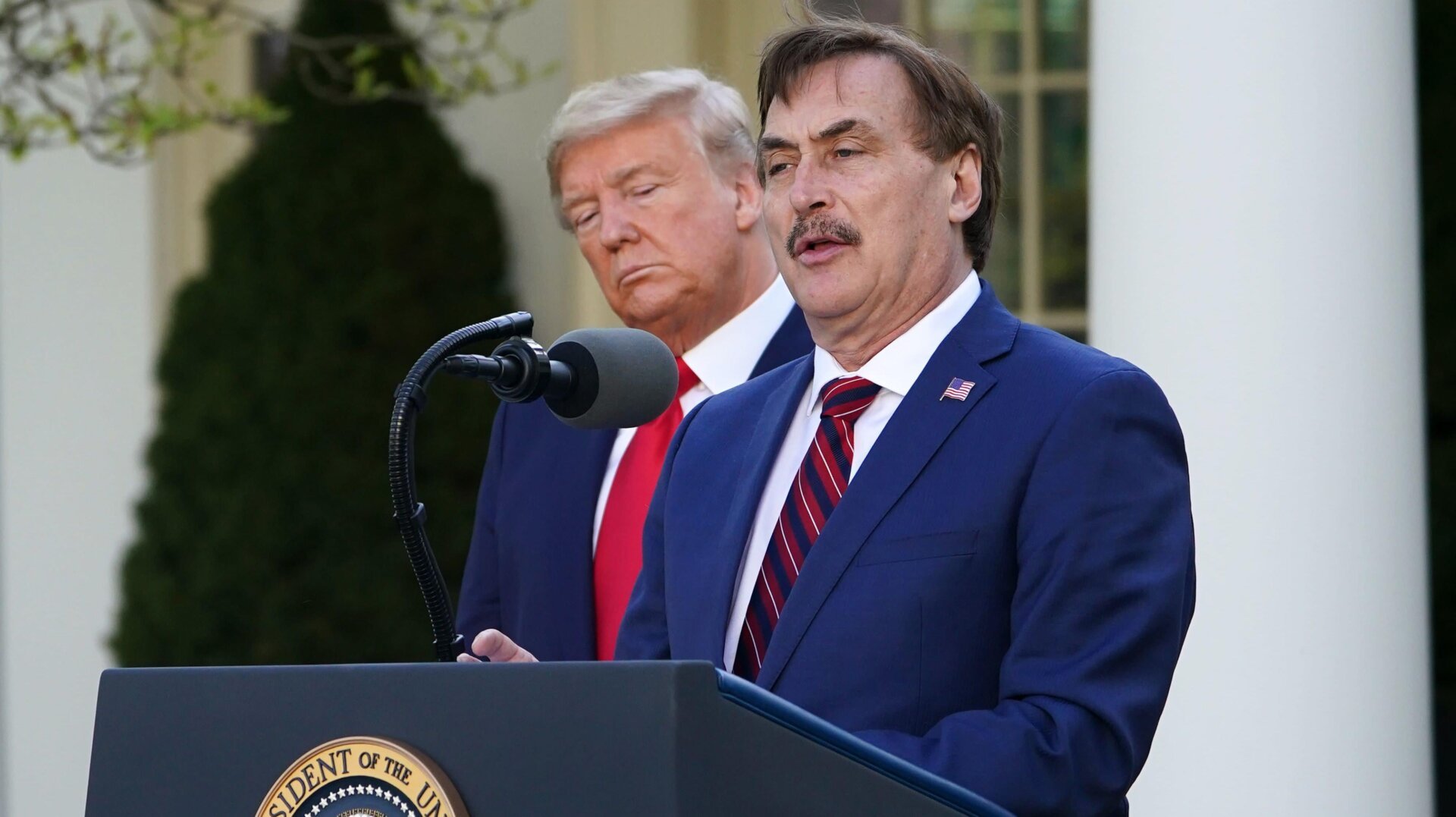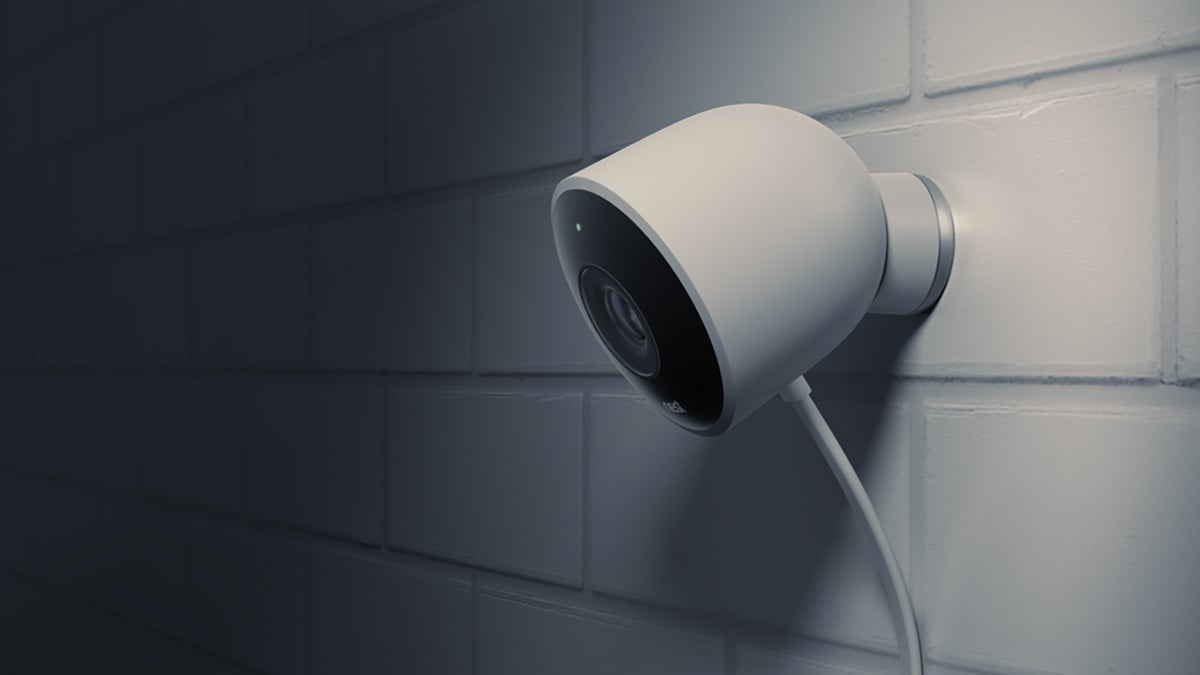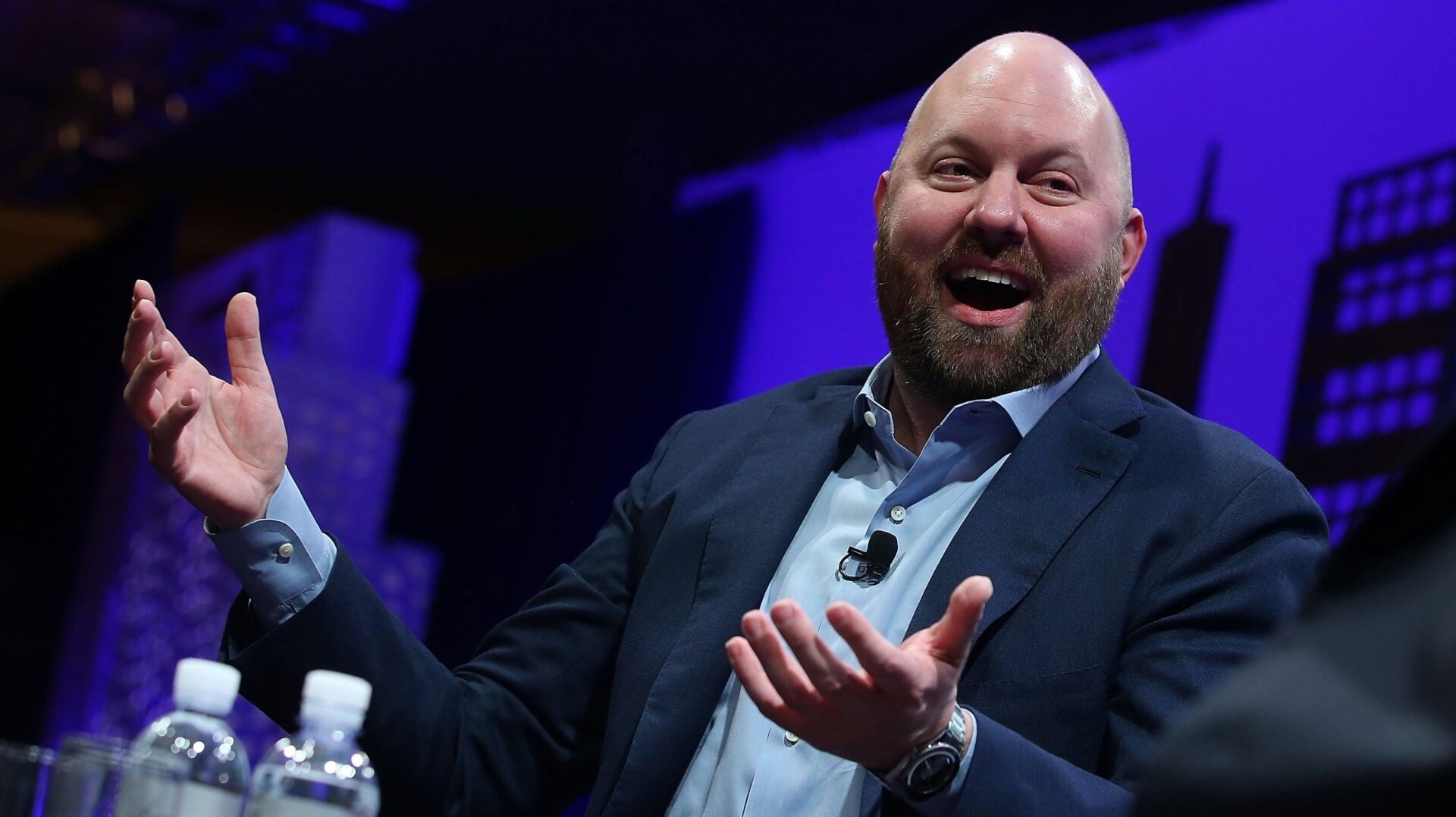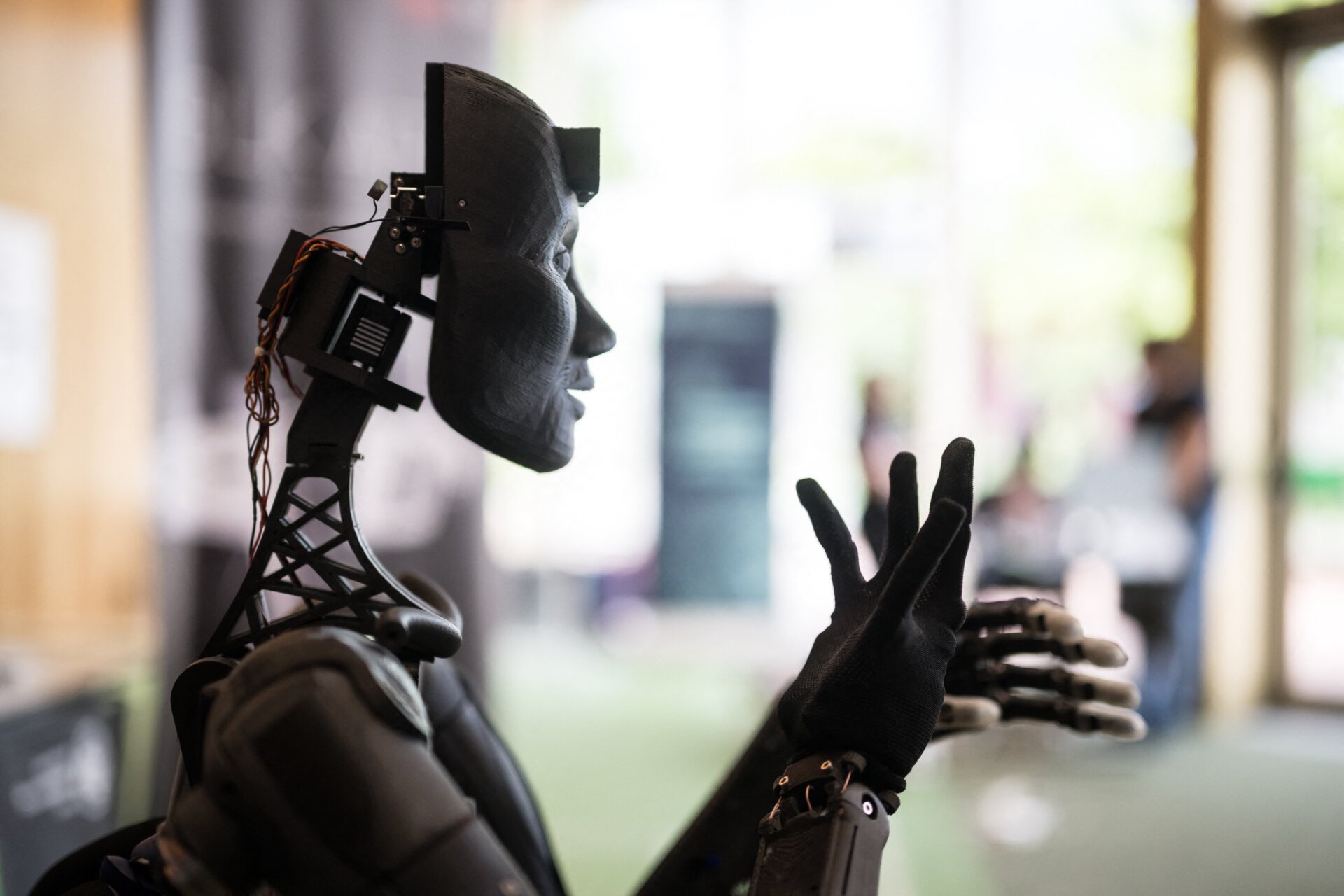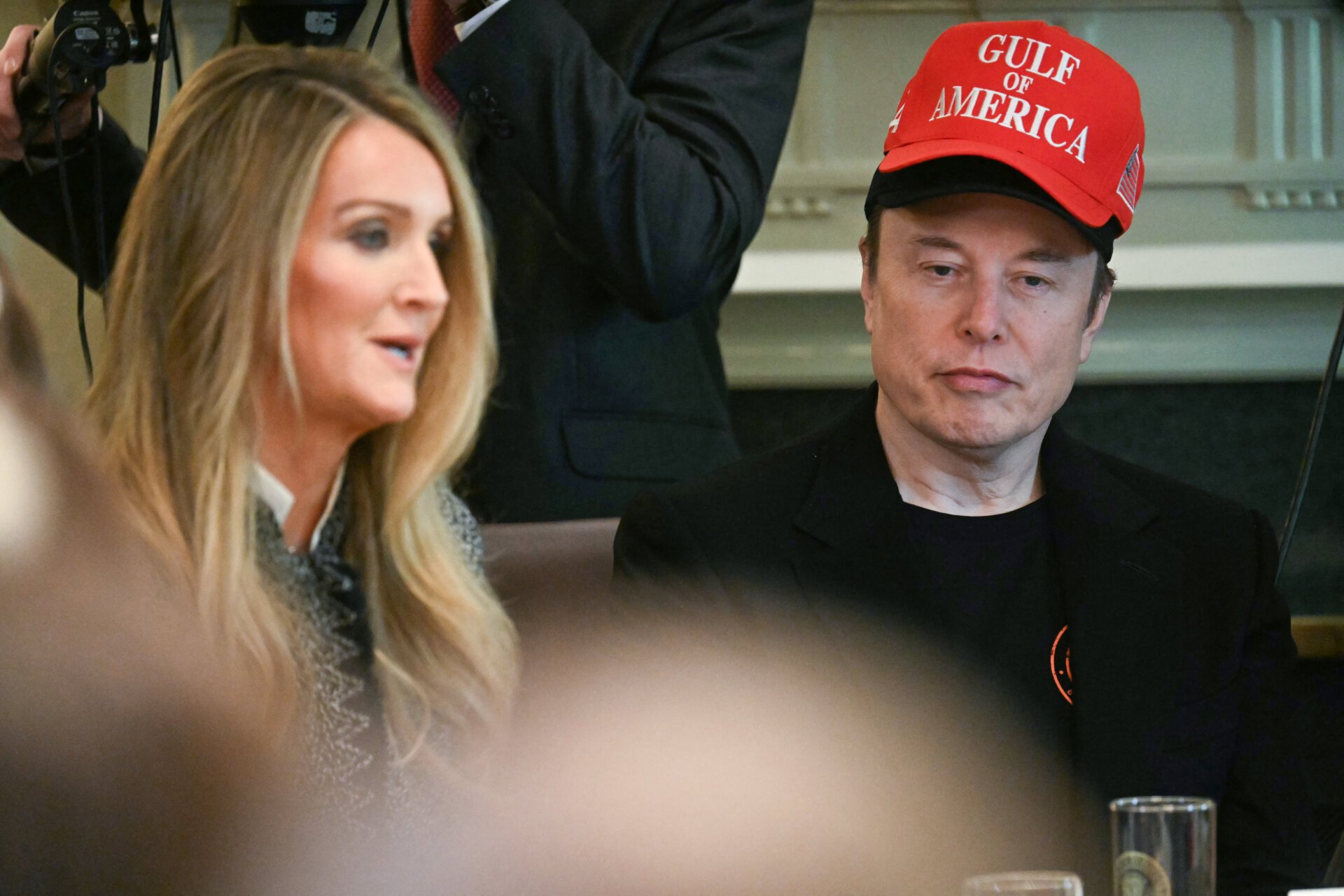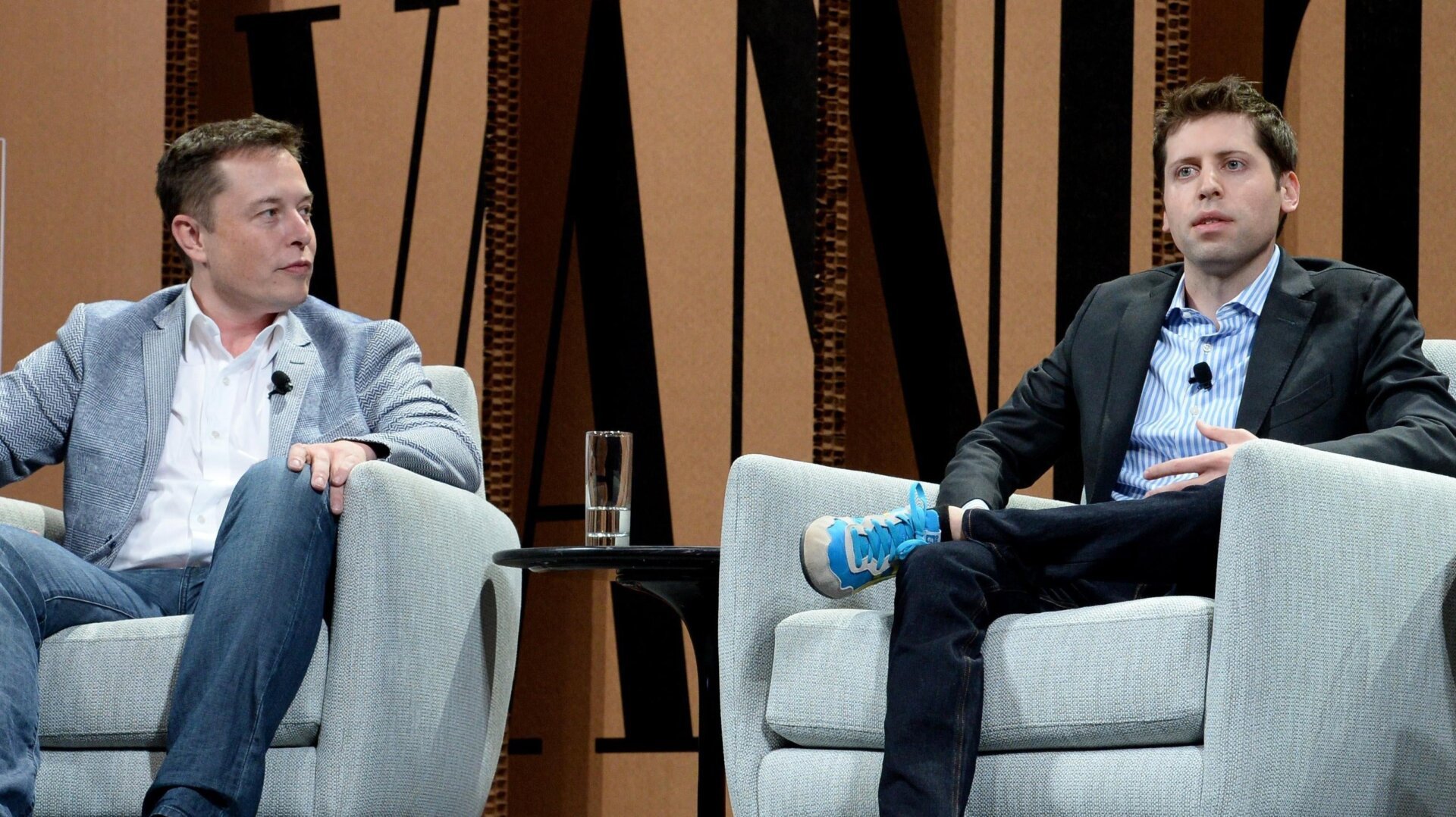Mike Lindell, the CEO of MyPillow and staunch supporter of Donald Trump’s election fraud claims, finds himself embroiled in yet another legal battle. This time, his lawyer’s use of generative AI to write a court brief has drawn the ire of a U.S. District Court Judge. The case involves a defamation lawsuit filed against Lindell by Eric Coomer, a former employee of Dominion Voting Systems, stemming from Lindell’s allegations about the 2020 election.
This latest twist in the ongoing saga began when Lindell’s lawyer, Christopher Kachouroff, submitted a brief riddled with inaccuracies. U.S. District Court Judge Nina Wang is demanding answers as to how such a flawed document ended up before the court. The brief, filed in a Denver court, contained numerous fabricated legal citations, raising serious questions about the competence of Lindell’s legal team.
Judge Wang’s filing highlights the extent of the errors, noting nearly thirty instances of “citation of cases that do not exist,” among other issues. Initially, Kachouroff attributed the mistakes to his own paraphrasing and quoting errors. He claimed to have had no intention to mislead the court. However, under direct questioning from Judge Wang, Kachouroff finally confessed to using a generative AI chatbot to create the document.
The admission raises serious concerns about the use of AI in legal proceedings. The judge’s filing states that Kachouroff “failed to cite check the authority in the Opposition after such use before filing it with the Court.” This lack of due diligence underscores the potential risks associated with relying on AI tools without proper verification and oversight.
The consequences for Kachouroff and Lindell’s other lawyer, Jennifer DeMaster, could be significant. Judge Wang has given them until May 5th to provide a satisfactory explanation for the incident. Failure to do so could result in disciplinary proceedings for violating professional conduct rules.
This case highlights the potential pitfalls of relying on AI without proper human oversight, especially in critical legal matters. It serves as a stark reminder that while AI can be a useful tool, it should not replace the expertise and diligence of trained professionals. The incident underscores the importance of verifying information generated by AI, ensuring accuracy and upholding professional standards.
This incident serves as a cautionary tale for legal professionals and raises broader questions about the ethical and practical implications of using AI in the legal field. The case continues to unfold, with the legal community watching closely to see how the court addresses this unprecedented situation.



